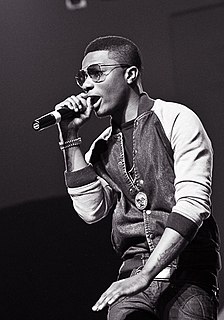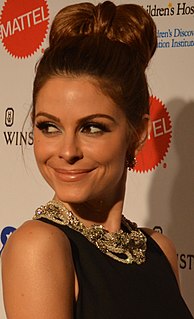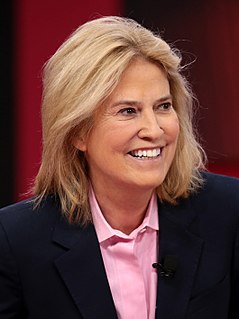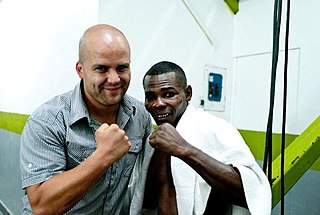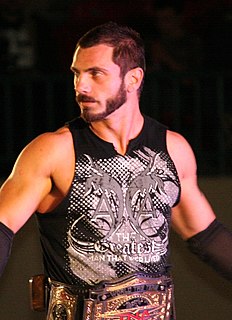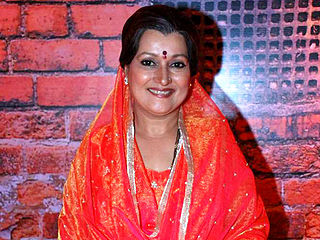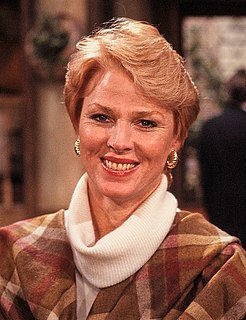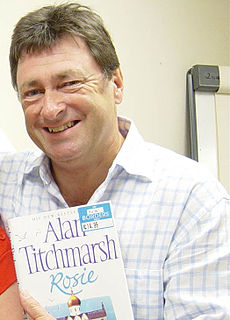A Quote by Adam Schiff
If someone is brought in for an interview, for example, and is asked about their views on things, but has posted things that are completely contrary to the interview, frankly I have much more faith in what they posted than what they say during the course of an interview.
Related Quotes
I was spurred by the fact that having worked for women's magazines myself as a journalist, if you go off and interview a female celebrity, I'd just go in and interview them like I'd interview any human being and talk about the things that interested me. And you'd come back, and you'd file your copy. And then my editor would read through my copy and go, why haven't you asked them if they want kids? And I'd be like, well, I don't know, I interviewed Aerosmith last week. And I didn't ask them that.
I figure no matter what interview I do, the real good 'journalists' are going to find the completely irrelevant quotes that will drum up some controversy and stick it on their page to get some clicks and completely miss the real context of what the interview is about. That's what we do nowadays and call it 'journalism.'
It's interesting - a lot of what you accomplish in your lifetime either as an individual or as a company is determined by other people. I mean, you can do interview after interview and defend a point of view, but more often than not, the collective kind of opinion will be the one viewed historically and taken as gospel.

